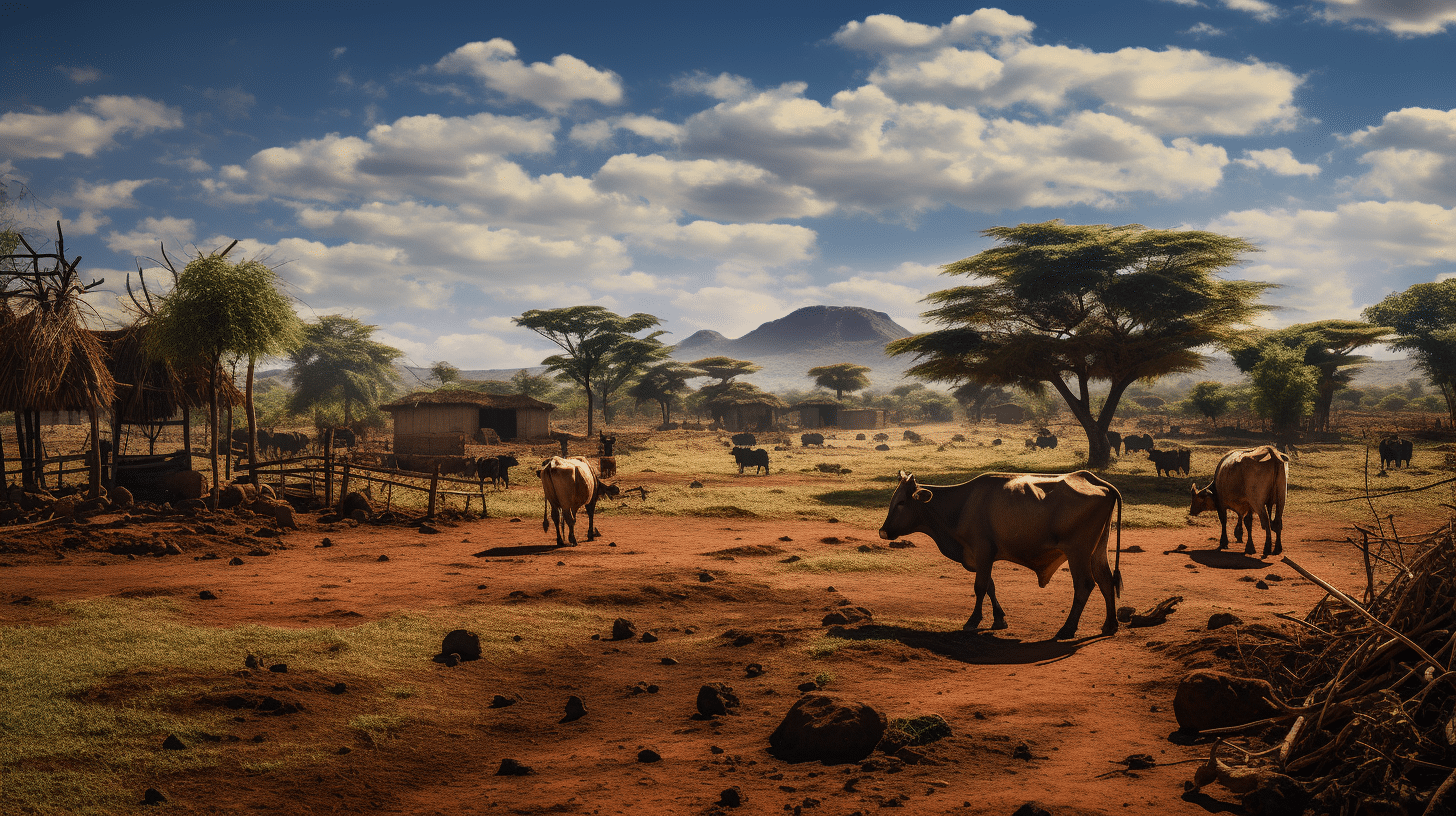Beef farming refers to the keeping of large numbers of cattle for met and is mainly done on large pieces of land commonly known as ranches. The faming is practiced mainly in areas that receive low rainfall amounts. These areas do not support crop faming unless under irrigation. These areas are hot and have low population densities.
The ranches are divided into smaller units which are known as paddocks. Cattle are moved rotationally from one paddock to another so as to allow sufficient time for the growth of new and fresh pastures in the vacated paddocks. It also reduces overgrazing which can lead to major problems such as soil erosion and desertification due to bare barren soils.
Cattle dips for the animals so as to reduce external pests such as ticks are also constructed in the ranches. Veterinary services from qualified officers are intensively provided to ensure that the cattle are constantly kept in good health. Boreholes are drilled in the ranches and pipes are put up to supply sufficient water to all the paddocks to provide the animals with a constant water supply.
When the pasture is not adequate, the animals are fed on fodder such as hay to supplement the little pastures present. However this is quite expensive because the hay is bought and transported from far areas, a better option nowadays is making silage so that the cattle can be fed on it when the pasture is minimal.
Crossbreeding is usually carried out to improve on the quality of breeds of the animals. The crossbreeds produce more meat and are resistant to diseases. Examples of the common breeds in Kenya are Zebu, Sahiwal and Boran.a few pure exotic breeds such as Hereford and Aberdeen Angus are also reared.
The Kenya meat commission buys cattle from ranches for slaughter and processing into beef products. Apart from beef from ranches, many other animals are slaughtered from pastoralists to provide beef.



0 comments